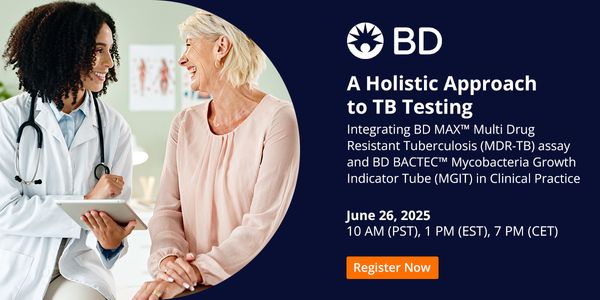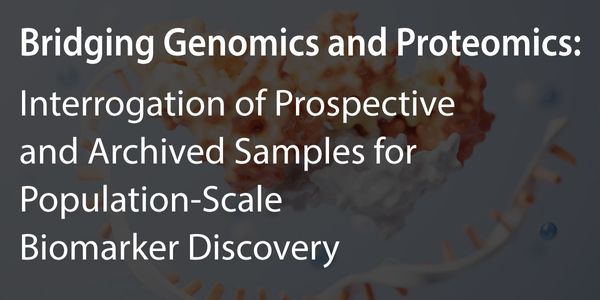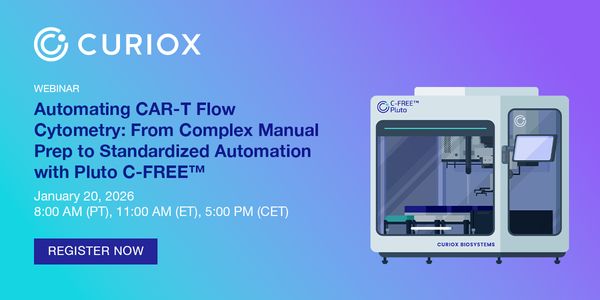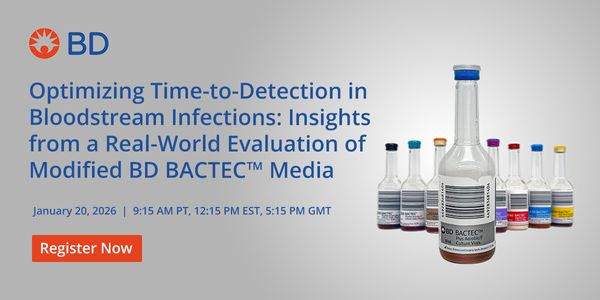Sharing Data about Genomic Variants: A Clinical and Scientific Imperative
-
Robert Cook-Deegan, MD
Professor, School for the Future of Innovation in Society and Consortium for Science, Policy & Outcomes, Arizona State UniversityBIOGRAPHY
Next-generation DNA sequencing began to enter the clinic a decade ago, a half decade after the draft human reference sequence was published. The discovery of new genes, new variants of known genes, new genotype-phenotype correlations has produced a deluge of data, and it will take decades to figure out its clinical significance. It will require sharing data of many kinds on many people over time, and correlation with clinical outcomes, environmental exposures, health habits, and other data. The tasks are too large for any one institution, and yet the smooth flow of data will require cooperation and collective action: the formation of a commons. Starting from a couple case scenarios that illustrate why data-sharing matters to clinical interpretation, we will turn to understanding the value of a commons, how it might form to enable scientific advance and better clinical care, using variants in BRCA1/2 as a case example. We will finish with examples of policies that could make science work better and augment a learning health care system.
Sharing Data about Genomic Variants: A Clinical and Scientific Imperative
Please update your information
Certificate of Participation
DOWNLOAD CERTIFICATE






